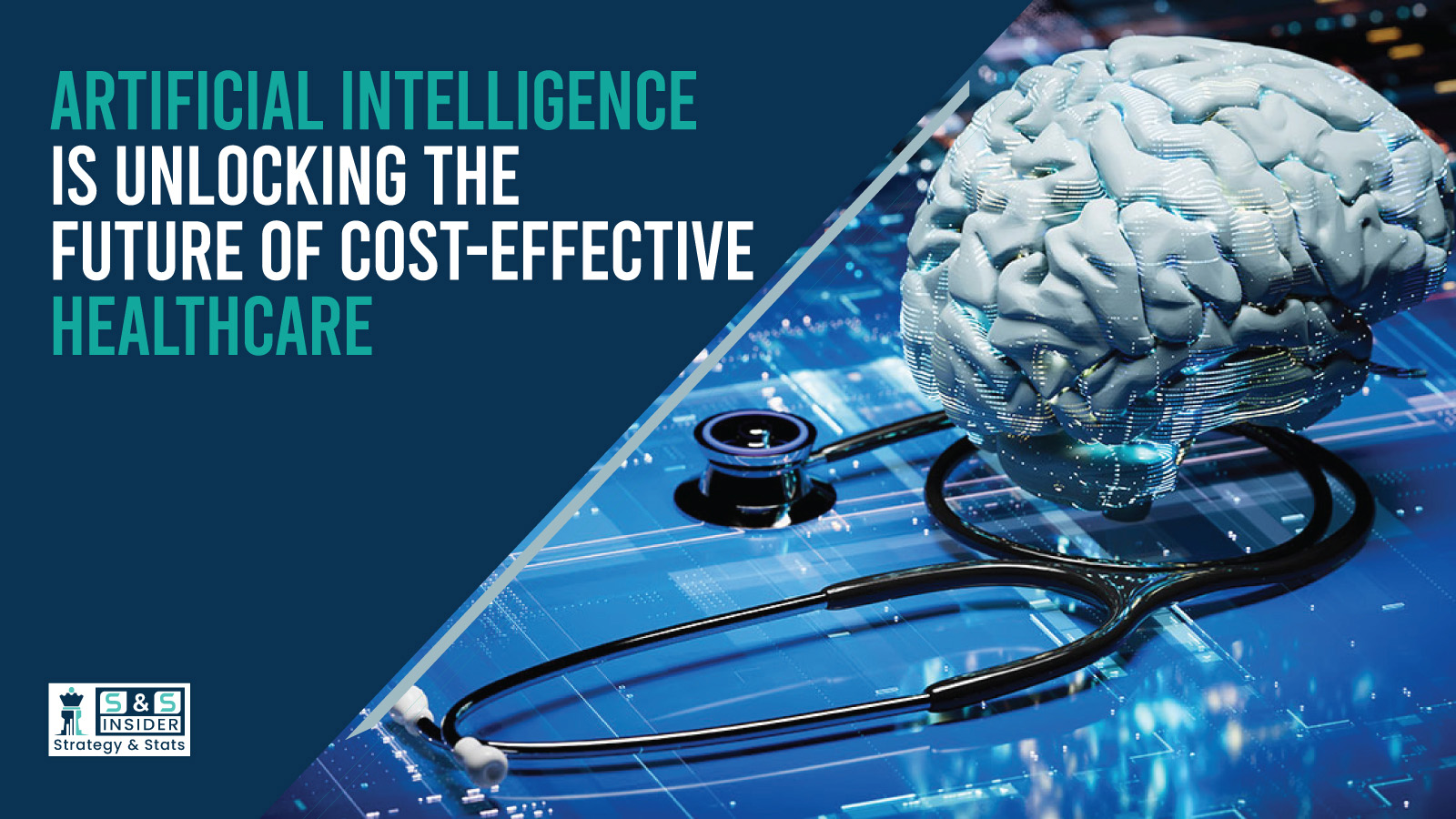
Globally rising healthcare expenses provide actual difficulties for patients, providers, and insurance companies equally. Boosting productivity, reducing errors, and improving patient outcomes all assist artificial intelligence (AI) to be a game-changer that might finally help make healthcare more affordable.
How AI Eases the Paperwork Load for Healthcare Professionals?
By tackling the mountain of administrative chores that paralyze healthcare professionals, artificial intelligence is one of the main means of cost saving. Over the next five years, experts project AI could save the U.S. healthcare system between USD 200 billion and USD 360 billion yearly. This is mostly because artificial intelligence (AI) can handle up to 45% of typical administrative tasks including billing, insurance claims, and scheduling, which taken alone could save around USD 150 billion annually. It can also spot bogus insurance claims to maybe save another USD 200 billion or so.
AI releases doctors, nurses, and staff to concentrate more on patient care rather than paperwork by automating these repetitious chores.
Helping Doctors Spend More Time on What Matters:
AI aims to improve how care is given as much as to save expenses. for instance:
These developments mean your doctors can deliver you more individualized, attentive treatment.
Personalized Care Services Created Around Users:
AI also helps tailor treatments to your unique needs:
In short, AI is making healthcare more precise, convenient, and equitable.
Building Trust: What You Should Know About AI in Healthcare
Still dubious of depending on artificial intelligence for important judgments are some patients and doctors. Many times, fragmented and inconsistent, healthcare data makes easy integration of AI difficult. Legal and financial obstacles can impede down acceptance.
Having said that, more healthcare companies are ready to experiment with artificial intelligence in 2025, particularly with lower-risk solutions including administrative automation and ambient listening that have shown definite advantages.
Looking Forward: A Healthcare System That Works Better for Everyone
Though AI not a magic fix, it is driving genuine progress toward more reasonably priced healthcare by automating labor-intensive jobs, enhancing diagnoses, lowering errors, and allowing customized therapy. AI is becoming increasingly important in the future of healthcare since it might save hundreds of billions annually in the U.S. alone while improving access to and quality of treatment. AI should become increasingly more important in enabling healthcare to be more patient-centered and efficient as trust develops and adoption spreads in the next years.
Source: Accenture